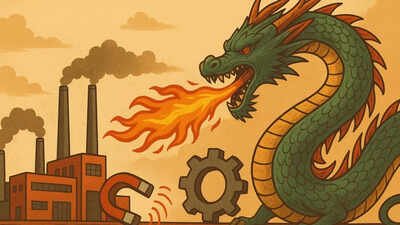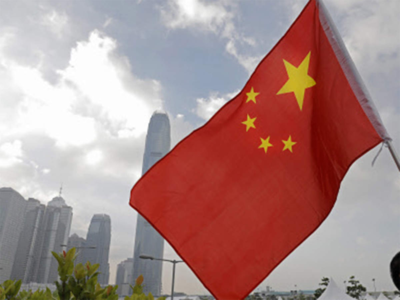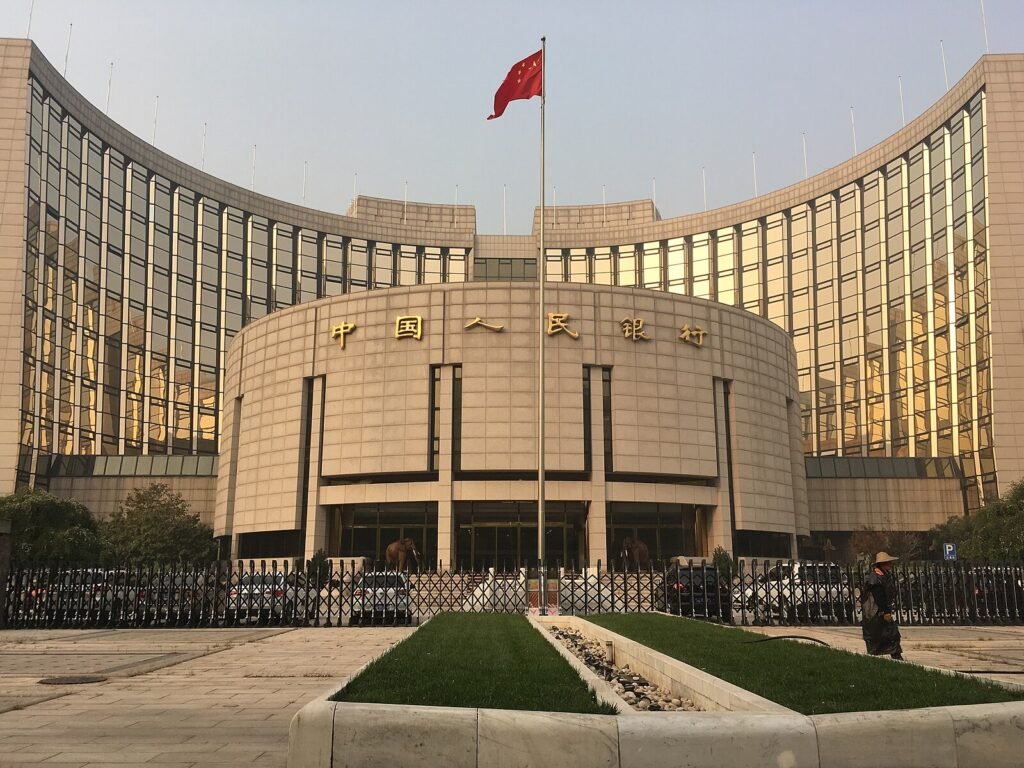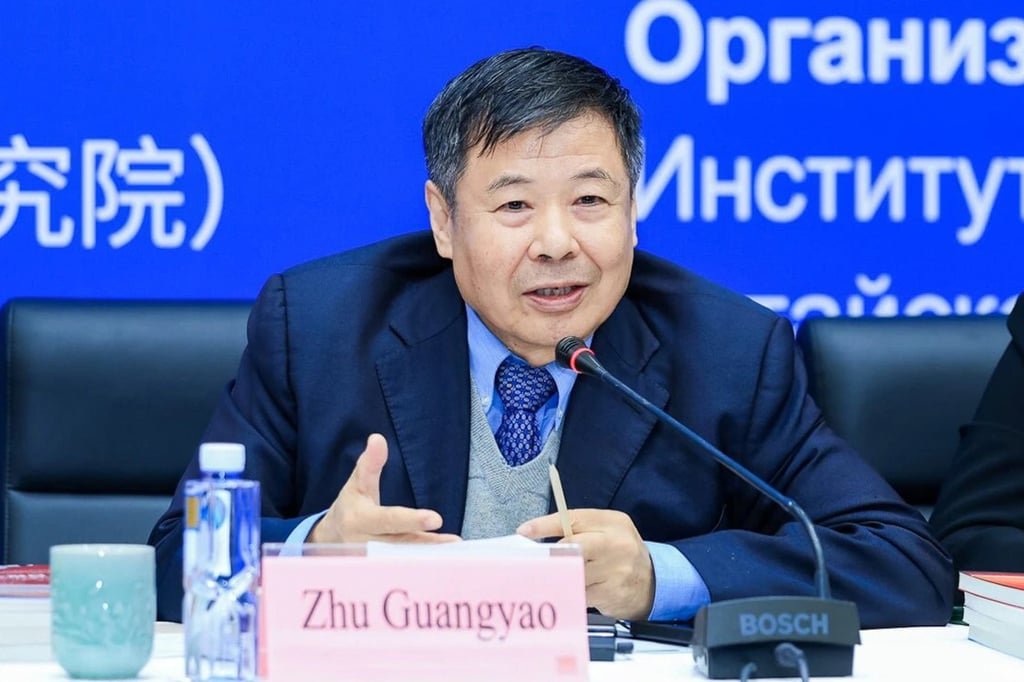The implications for investors are far-reaching, as countries led by the US scramble to shore up access to the raw materials, often by funneling investments to miners outside of China. End users, from ASML Holding NV to Ford Motor Co. to Hyundai Motor Co., likely will have to ensure supplies or pivot to technologies that don’t require them. The stakes are high, since lacking even a single input can snarl entire production lines.
Investors looking for clues on how to trade the new era got a small lesson in April, when Beijing slapped curbs on seven rare earths, gumming up some carmakers’ productions. Now, the broader restrictions stand to impact a bigger slice of the market, if they take effect in December.
“By increasing the number of rare earths subject to export controls, it’s likely to make the issue relevant to a greater number of sectors,” said Katherine Ogundiya, a thematic investing analyst at Barclays.
The issue is not just more metals will face curbs; the number of products subject to restrictions is also surging. That prompted a rush to shares of rare earth miners and processors, many of which have seen triple-digit gains this year.

Live Events
Market reactions for rare earth users have been more muted so far, with traders speculating that China is using the new curbs as a bargaining chip. President Donald Trump tamped down his own rhetoric on Friday. But with tensions between the two superpowers showing few signs of easing, prudent traders have begun assessing just what might happen if the restrictions come into force. Companies outside of China that can extract these scarce materials from the earth have already seen incredible share-price gains. In Australia, shares of Lynas Rare Earths Ltd., a major supplier backed by billionaire Gina Rinehart, almost tripled this year.







